What continues to inspire you about coffee?
It really comes down to the coffee itself and every time that I have coffee I am excited about the flavors that are in it and continually excited about the producers that we’re working with, and all the work they’re putting in to give the coffees such extraordinary flavors. I’m just always excited the next cup of coffee.
What’s a typical coffee consumption day like for you?
I typically have some kind of a double espresso beverage, either an espresso, cappuccino or macchiato, before I come to work. Then after lunch I have either coffee or an espresso. Then hopefully there’s a cupping mixed in there at some point. Lately, I’ve been visiting a lot of wholesale accounts, and my standard method of evaluation is typically an espresso.
Do you supply a lot of restaurants?
Only a handful of restaurants, more grocery stores and coffee bars. I was just at Heirloom, which is a restaurant in the Mission district that serves our coffee, and I was very pleasantly surprised. They did a good job. Their affogato was especially delicious.
It seems like it’s very hard for restaurants to produce good coffee.
Yes. I have one restaurant that’s doing it exceptionally.
What are they doing that makes it so special?
I’d like every restaurant to copy their plan. It’s a phenomenal restaurant. It’s Oenotri in Napa. They have a cool old Faema espresso machine, and they do V60 service also. They have a dedicated barista every shift. Of course most of the evening, the barista isn’t busy, so when they’re not, they’re the barback for the bartender, polishing glasses, doing dishes, pouring wine, opening wine, things like that. That’s a way where they know they have somebody on staff who knows what they’re doing and can produce drinks that are of the quality of everything else on their menu, which is phenomenal. So I just wish I could get every restaurant to copy them and have a dedicated barista. As a result, they go through a lot more coffee than a lot of other restaurants with a similar number of seats and hours. I just think it’s an opportunity.
So they’ve gotten to be known for it?
Yeah, I think so. It’s also partly the way they have their menu. On their dessert menu, they have it listed, and they have it listed almost like an espresso bar menu. It says what espresso it is, describes the components and the flavors. Then it has espresso, macchiato, cappuccino listed out. They also have V60 pourover and a description of the coffee. I think that helps.
It’s funny. We had a group of our Brazilian producers in town, and I took them out to a restaurant that serves our coffee, and then I forgot to order coffee. If I can forget to order coffee while I’m out with six of my coffee producers, anybody can forget to order coffee. It’s funny because I’m not a believer in the up-sell. When you’re ordering coffee, we’re not like, “Would you like to have a muffin with that? It will go well with the Matalapa.” But I think that in the restaurants, when you’re ordering dessert, actually ask if you want coffee. I think that goes a long way. Also having it on the menu in a clear way is really helpful.
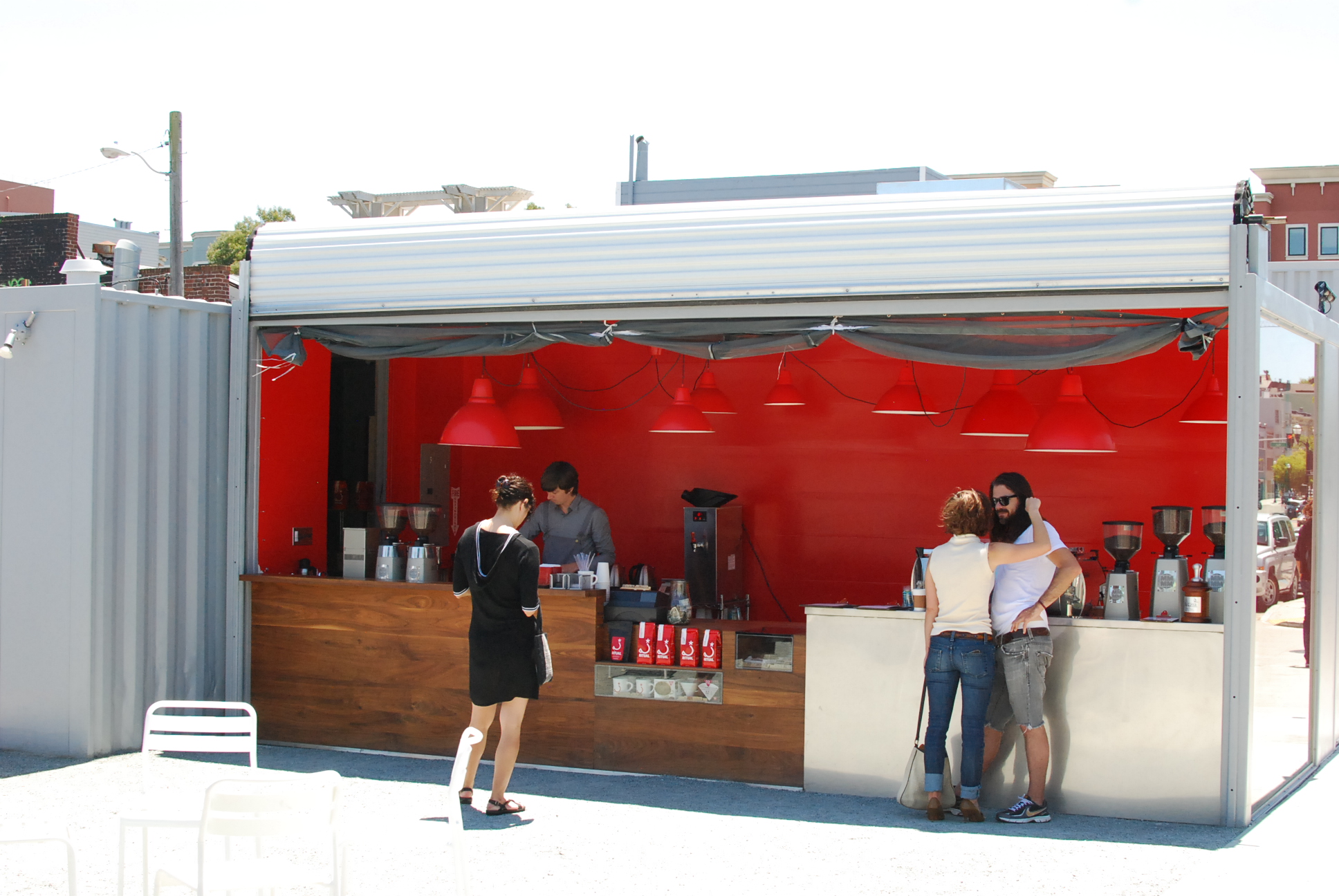
What do you look for when hiring someone to work at Ritual?
The first thing to get a clear view is that I will typically ask somebody, “Do you like coffee?” You’d think that would be an easy question, and it’s amazing what answers I get. I’ve gotten – 50% of the time you’ll get, “I’ve worked in coffee for 10 years.” That doesn’t answer my question. You can work in coffee and not like it, or never love it. Somebody once said “I live close” as a response to that question. That’s helpful for you but that doesn’t help me. The people who get interviews, they have a crazy look in their eye for a second. That’s true of everybody in the whole company, whether it’s the delivery driver or the guy packing coffee or a barista behind the counter, but somebody who’s not even a barista yet. To me that’s more important than experience.
What does it take for someone to become a barista?
A little self motivation. Basically, somebody’s behind the counter – the first threshold is three weeks – just to make sure it’s a good fit. At that point, they’re trained to make brewed coffee, V60. Once both the employee and the manager decide it’s a good fit, then they become available to schedule training, but it’s up to them to say, “Okay, this is when I’m available to come in for training,” so that it’s a little bit on them to make sure that it happens, because it’s something that’s definitely a position that takes some – we don’t obviously throw people on the espresso machine. We want them to feel like it’s something they’ve worked up to.
Are there tests and that sort of thing?
Yeah, through the training there’s basically milk steaming, then we test on milk steaming, and once they’re comfortable with that, they get into making drinks. There are tests and it’s also working with the trainer behind the bar during slow times, making sure – these are people that do it perfectly in the lab, but once they’re behind the counter – it’s real customers, and it all goes out the window. The trainer’s definitely there to make sure they’re actually ready to make drinks for customers. But it’s also kind of a group effort. Since there are two baristas on the bar together, sometimes it comes down to one barista saying to another, “I don’t think that shot looks good. Why don’t you re-pull it?” Or “The way you poured that milk didn’t turn out too good. Let me pour you another shot.” It’s definitely something where everybody who’s a barista is comfortable with all the drinks, so everything that’s going out is something they can be proud of.
What do you think makes the San Francisco coffee scene unique?
I think we have the best coffee scene of any city. I think what makes us unique – I think the number of quality of coffee roasters here is pretty astounding considering we’re not a city as big as New York or L.A. or Chicago. We like to think we are. Then we remember in population that we’re not even a million people. I think it’s a really coffee community, and I think that’s a number of us in the community made sure it stays that way, because we certainly I heard nightmare stories from Seattle being really competitive and not in a fun way. I think this town has been really cooperative. The boys from Sightglass used our sample roaster. De La Paz was working on our sample roaster too. It’s a good community feeling, so hopefully it will continue that way as we grow and as there continue to be more roasters on the scene.
Do you feel like you have any mentors?
My first coffee mentor was Lindsey Bolger, who’s the coffee buyer for Green Mountain. Partly because she was the first female coffee buyer that I met. She has an incredible palate and she did an incredible job at balancing her position – meaning buying coffee for Green Mountain, which I’m sure is challenging – and creating some interesting social projects, and using her buying power, which is huge, to impact communities in Rwanda and Tanzania. Especially with those countries, because I met her when she was talking about those countries. That was long before we were in a position to be buying coffee direct, so she was hugely influential. If I get to that point, it’s really exciting to think about having influence in that way. Not that I ever think we’ll have the kind of buying influence that Green Mountain does, but on a much smaller scale.
Do you have a preferred brewing method at home?
I really very rarely brew coffee at home, but when I do, it’s V60, and I’m still geeking out about technique.

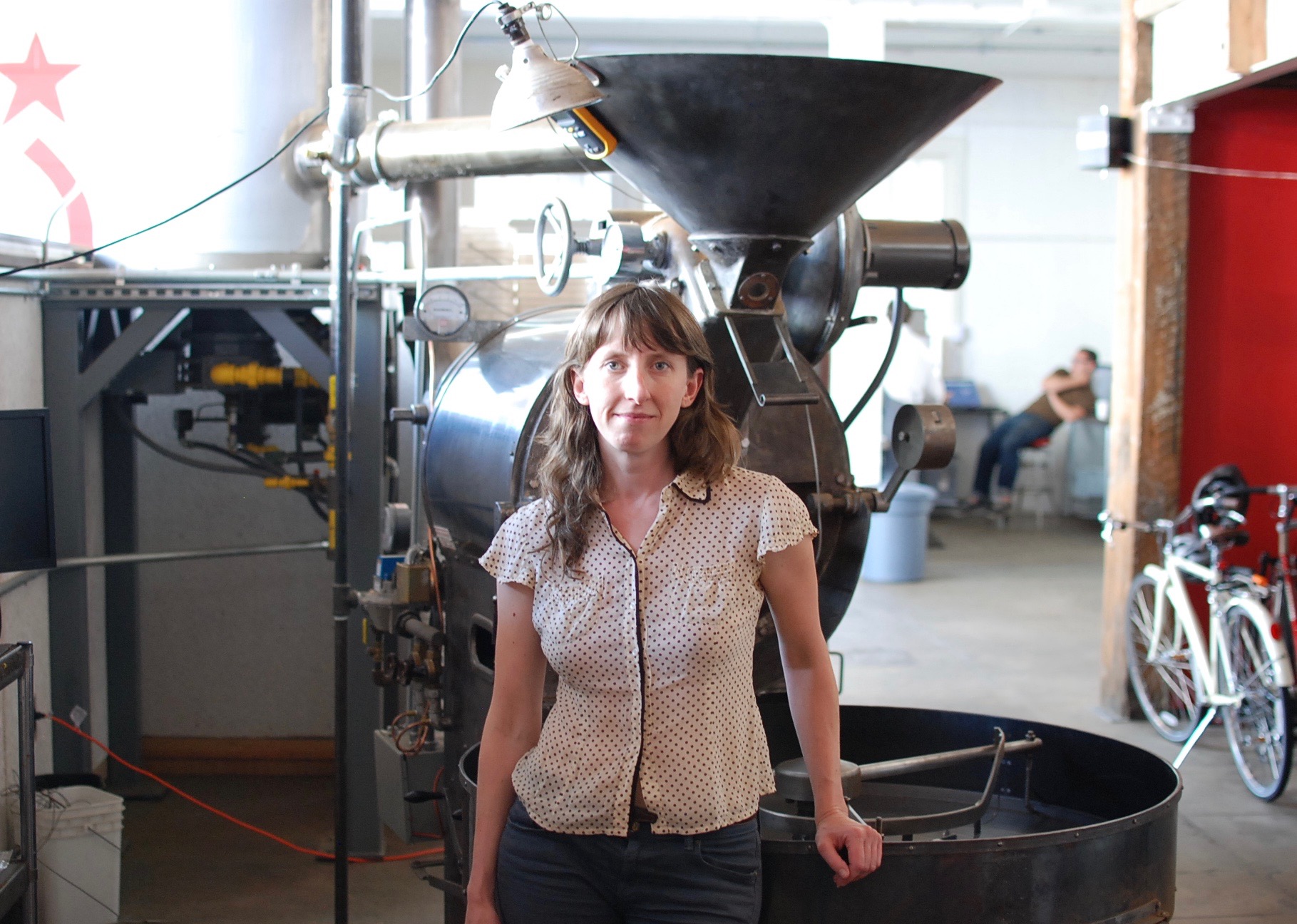
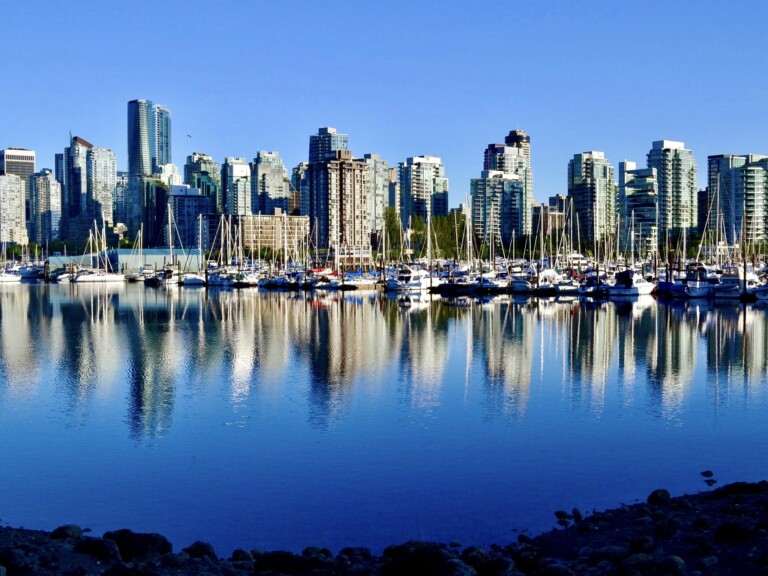
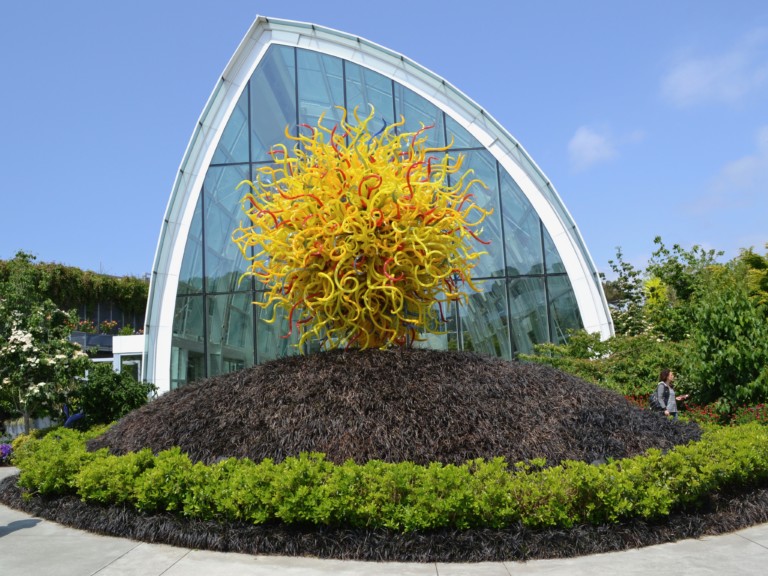
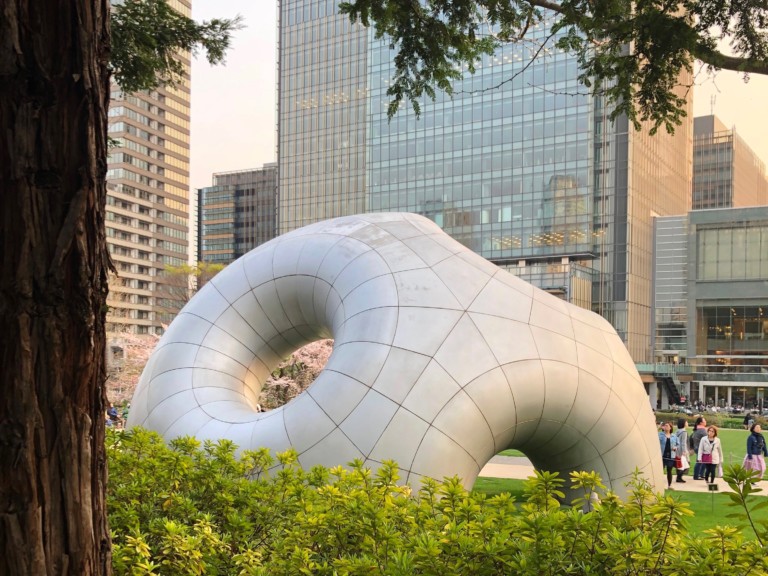




Leave a Comment